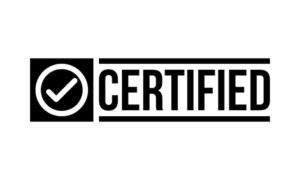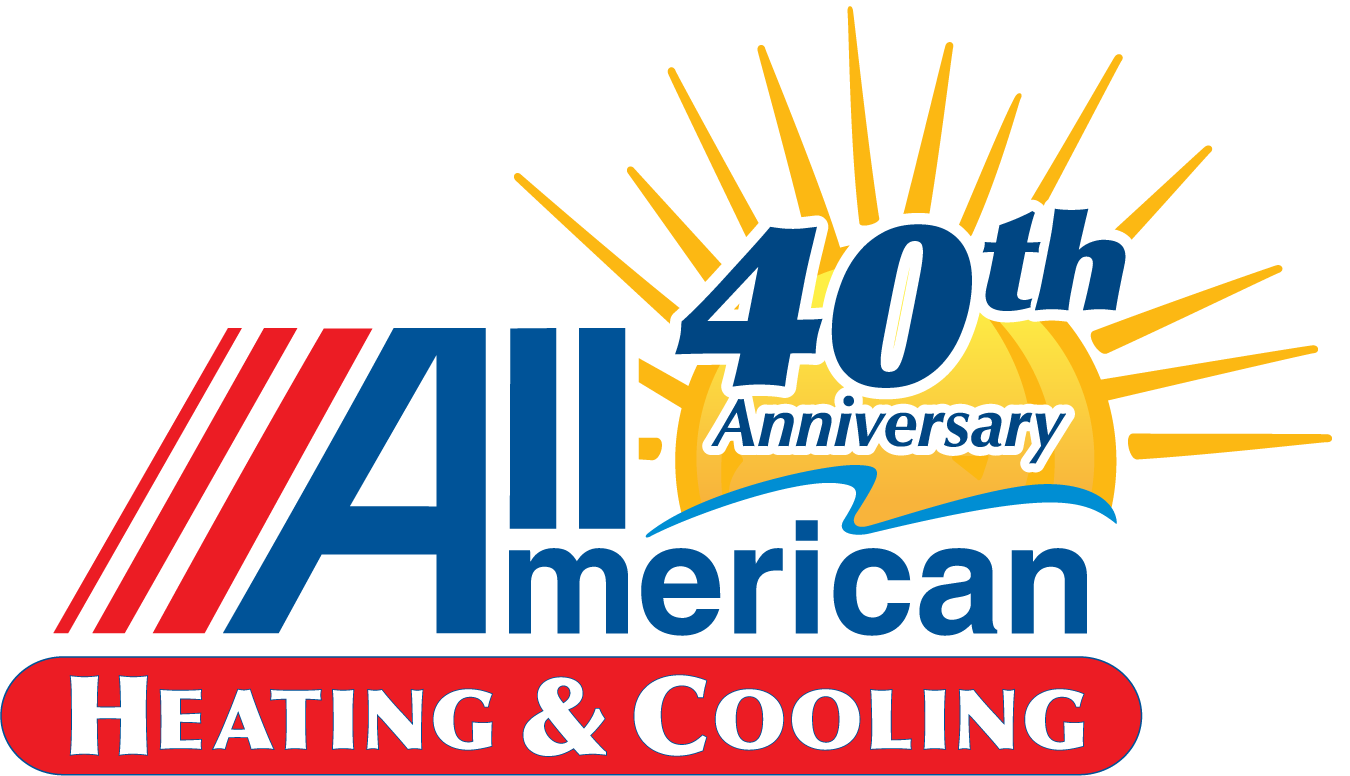Energy Efficiency and Performance Go Hand-in-Hand
Energy efficiency is important to today’s homeowner for a number of reasons. The most common concern is household costs, and greater efficiency levels tend to be tied to lower utility bills. Home comfort is also affected by the efficiency with which HVAC equipment operates. Finding high-efficiency equipment that will work well in your home can make a huge difference for your family, but it’s important to know what ratings and levels to look for as you research.
Energy Star Recommendations
Your HVAC system can represent approximately half of your home’s energy budget. High-performance system components can reduce energy usage, allowing you to trim those costs dramatically. If your current equipment is at least 10 years old, you could benefit from a system upgrade. In fact, many homeowners recover the costs for upgrading in just a few years through energy savings. Additionally, there are often helpful incentives that can decrease the cost of purchasing and installing new equipment. For example, the 25C federal energy tax credit provides opportunities to recover a portion of the cost for eligible heating and cooling units. Although many systems meet Energy Star labeling standards, those acceptable for the 25C credit must meet the following efficiency levels:
- Air conditioner – 16 SEER and 13 EER in a split system, 14 and 12 in a packaged system
- Heat pump – 15 SEER, 12.5 EER and 8.5 HSPF in a split system, and 14, 12 and 8 in a packaged system
- Heating equipment using fossil fuels – 95 percent AFUE
It’s also important to note that a tax credit is dependent on installation of the high-efficiency equipment being completed in a primary residence prior to the end of the tax year. You may find efficient equipment options with lower SEER, EER, HSPF and AFUE ratings than required for the tax incentive. It’s always important to balance your desire for better energy efficiency with budgetary constraints as you consider upgrading. Energy Star recommends consulting with an HVAC contractor to evaluate your old equipment before making a replacement.
Getting Better Performance Out of Your Existing Equipment
Preventive care for your heating and cooling equipment can provide you with better energy performance for the life of your system components. Simple tasks like cleaning of heat exchangers and coils can remove dirt and residue that will reduce the efficiency of your system. These materials create a barrier that requires more energy to condition the air in your home, driving up your costs to operate your home comfort system. Additional issues that can affect your system’s performance include:
- Loose fittings
- Worn or broken parts
- Leaky fuel or refrigerant lines
- Poor connections in electronic components
An HVAC technician goes through a point-by-point inspection of your system to ensure that everything is operating at manufacturer standards. Not only can a tune-up improve the performance of your equipment, but it can also add years to the life of your system. It’s important to have your system serviced prior to the summer cooling season and the winter heating season so that your equipment will work properly when the need is greatest.
Home Performance Issues
If you have maintained your equipment meticulously but continue to deal with poor efficiency levels, you may want to consider having a professional evaluation of the energy performance in your residence. An HVAC professional can test for air leaks and airflow issues. He can calculate the heating and cooling load of your home, assessing the sizing of your home comfort equipment in comparison with household demands.
At times, performance problems relate to over or undersized equipment. The heating and cooling loads are calculated in British thermal units, BTUs, and a system that produces insufficient BTU won’t provide enough heating or cooling for your needs. It will operate more frequently, using excessive energy. A system that produces too much heating or cooling for your structure will lead to wasted energy as well. Factors used in sizing your system include the size of the structure, the climate, windows and household activity.
Your HVAC technician can evaluate the levels of insulation in your attic and around your ducts. He can provide you with practical steps for reducing energy usage, and he can make recommendations for structural and equipment improvements. Some helpful options may include:
- Programmable thermostat installation – upgrading your controls can help you to maintain more consistency in energy usage. You can make targeted efforts to reduce usage by increasing or reducing temperature settings at various times of day. An eight-hour change of one degree on a daily basis can affect your energy expenses by one percent.
- Duct sealing – ducts are responsible for up to 40 percent of your heating and cooling costs. Proper sealing can limit energy loss.
- Supplemental insulation – additional attic insulation can improve your home’s resistance to energy loss.
- Home sealing – while some leaks are helpful for ventilation needs, they can add to your heating and cooling load.
- Energy recovery ventilation – an ERV can enhance air quality in your home, providing essential movement of fresh air into your structure. At the same time, much of the energy in the outgoing airstream can be recovered to improve your home’s performance.
- Air filtration – a filter with a higher MERV rating can reduce the debris coming into contact with your equipment. MERV ratings need to be less than 13 to avoid the potential for a pressure drop.
Work with an Expert
All American Heating & Cooling can address your home performance needs in North Port, FL. Our office can schedule a home performance evaluation or provide an estimate for new equipment at your convenience when you contact us.
You May Also Like

What’s NATE Certified Mean for HVAC Repairs in Sarasota, FL?
When your HVAC system in Sarasota, FL, breaks down, you’ll scroll through contractor websites, drowning in acronyms and certifications you don’t know.… Continue Reading What’s NATE Certified Mean for HVAC Repairs in Sarasota, FL?…

Prepare for Chillier Temps With Fall Heating Maintenance
When chillier weather arrives in Northport, FL, your home should feel like a cozy retreat. Don’t wait until winter’s occasional cold fronts… Continue Reading Prepare for Chillier Temps With Fall Heating Maintenance…

4 Reasons to Install a New AC System in Bradenton, FL, in Fall
October in Bradenton, FL, is a season of change, making it the perfect time to upgrade your air conditioning system. While summer’s… Continue Reading 4 Reasons to Install a New AC System in Bradenton, FL, in Fall…
